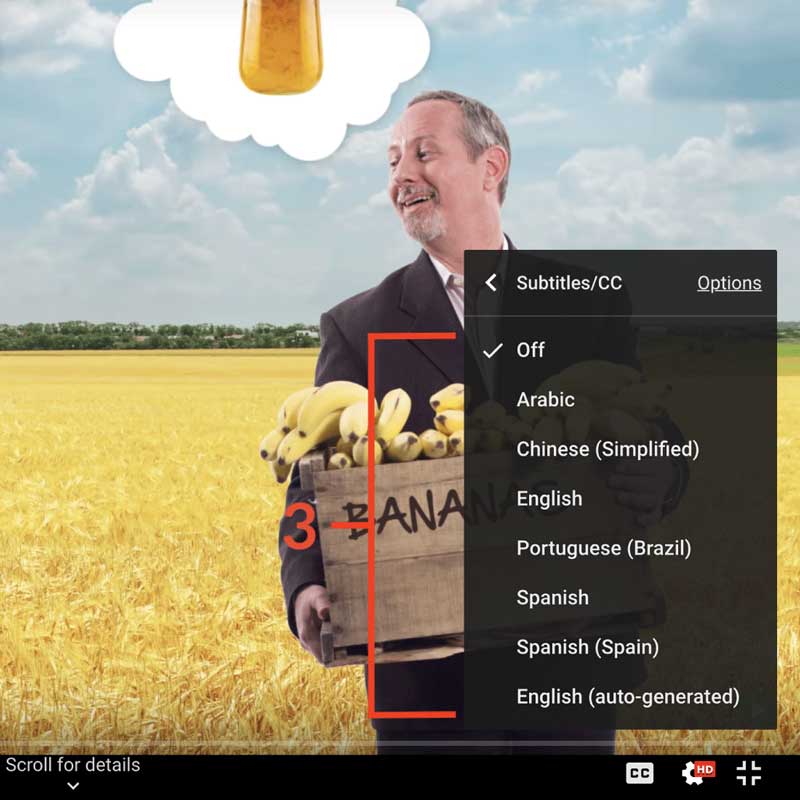Incentives
Course Outline
Incentives
In economics, we talk about incentives quite a bit. But what are incentives?
Incentives are rewards and punishments that motivate behavior.
You encounter incentives all the time. Think about what will happen if you don’t study for your economics exam. You might get a bad grade! But if you do devote time to learning the material, you’ll be rewarded with a good grade. Your grades are a familiar example of an incentive.
But incentives can be an even bigger deal than your grades – think life or death situations (no, a “D” on your econ midterm will not actually cause death).
In the late 18th century, the British government hired ship captains to transport convicted felons to Australia. Many prisoners did not the survive the voyages because the conditions on the ships were so terrible. The ones that did make it weren’t much better off, arriving sick, starved, and beaten.
The public was outraged. Parliament attempted to solve the problem with new regulations that required more humane treatment of the prisoners. But it didn’t work.
Why not? Incentives were simply not aligned -- the captains were paid whether prisoners arrived dead or alive. How did one ingenious economist propose to alter the incentives for the captains? Find out in the video!
Teacher Resources
Transcript
What is an incentive? Incentives are rewards and punishments that motivate behavior.
Incentives are everywhere. To better understand this critical economic concept, let's turn to an example from 1787, when the British government hired sea captains to ship convicted felons to Australia. The conditions on those ships were awful. On one voyage, more than a third of the men died, and the rest arrived beaten, starved and sick. The public was outraged. Newspapers called for better conditions. The clergy appealed to the captains' sense of humanity, and British Parliament passed regulations requiring better treatment of these prisoners. Unfortunately, those attempted solutions simply didn't work. The death rate remained shockingly high.
But there was one economist at the time who came up with a novel solution. Instead of paying the captains for each prisoner who embarked to Australia, the government would pay the captains only for the prisoners who arrived alive. Overnight, the incentives of the sea captains changed. The survival rate of the prisoners shot up to 99%. As one observer put it, "Economy beat sentiment and benevolence."
So as you can see, incentives are a fundamental economic concept that help us predict human behavior. But they aren't the only fundamental concept.
Subtitles
Thanks to our awesome community of subtitle contributors, individual videos in this course might have additional languages. More info below on how to see which languages are available (and how to contribute more!).
How to turn on captions and select a language:
- Click the settings icon (⚙) at the bottom of the video screen.
- Click Subtitles/CC.
- Select a language.


Contribute Translations!
Join the team and help us provide world-class economics education to everyone, everywhere for free! You can also reach out to us at [email protected] for more info.
Submit subtitles
Accessibility
We aim to make our content accessible to users around the world with varying needs and circumstances.
Currently we provide:
- A website built to the W3C Web Accessibility standards
- Subtitles and transcripts for our most popular content
- Video files for download
Are we missing something? Please let us know at [email protected]
Creative Commons

This work is licensed under a Creative Commons Attribution-NoDerivatives 4.0 International License.
The third party material as seen in this video is subject to third party copyright and is used here pursuant
to the fair use doctrine as stipulated in Section 107 of the Copyright Act. We grant no rights and make no
warranties with regard to the third party material depicted in the video and your use of this video may
require additional clearances and licenses. We advise consulting with clearance counsel before relying
on the fair use doctrine.

